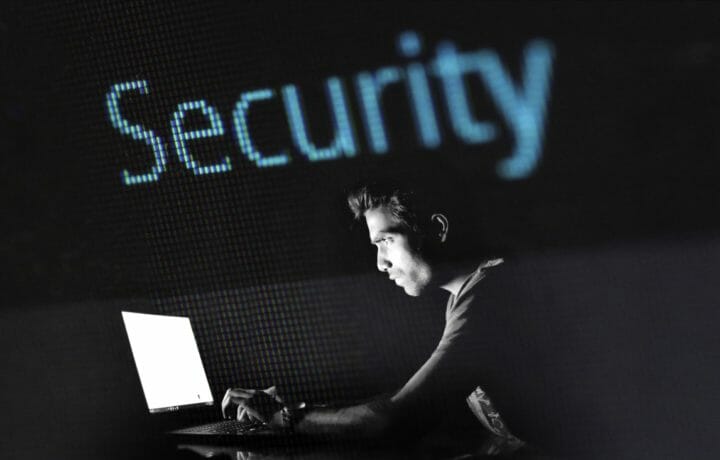Cybersecurity Round-Up: 3/30/12
While much of Capitol Hill was busy with the budget this week, two congresswomen came together to put forth a new House cybersecurity bill.
Similar to the bill Sen. John McCain (R-Ariz.) and seven of his Senate colleagues released at the beginning of the month, Reps. Mary Bono Mack (R-Cali.) and Marsha Blackburn (R-Tenn.) on Tuesday unveiled their version of the “Strengthening and Enhancing Cybersecurity by Using Research, Education, Information and Technology Act of 2012,” or the SECURE IT Act, for short.
Adding to the growing list of cyber bills already introduced in Congress this year, Reps. Bono Mack and Blackburn’s bill intends to enhance information sharing between the private and public sectors and calls for harsher criminal penalties for hackers, just as the Senate’s SECURE IT Act has proposed.
“Under our legislation, our nation’s best and brightest minds will finally be freed to work hand-in-hand to share information, develop safety protocols and put into place critical early-warning systems – much like a Weather Service advisory before a tornado – but shared between companies and federal authorities,” Rep. Bono Mack said in a statement. “And just as importantly, we can accomplish all of this during these difficult economic times without creating a new bureaucracy and spending money that we don’t have, while protecting consumer privacy at the same time.”
Unlike the Senate’s proposed bipartisan Cybersecurity Act of 2012 introduced in February, the SECURE IT Act intends to place less responsibility in the hands of the Department of Homeland Security, with Rep. Blackburn suggesting the bill “puts the private sector in the driver’s seat, instead of relying on overly prescriptive government mandates that hamper growth and weaken response capabilities.”
But Congress isn’t the only government entity recognizing the need for the private sector’s cyber support. At a Senate Armed Services Committee meeting held this week, director of the National Security Agency and head of the US Cyber Command Gen. Keith Alexander said that the Department of Defense (DoD) needs the industry’s help in halting foreign hackers from stealing US data and wealth.
Warning that a majority of the nation’s cyber threats originate in China, Gen. Alexander told the Senate committee that an “astounding” amount of the US’ intellectual property has been heisted by foreign hackers, with nearly six million cyber attack attempts threatening DoD networks each day.
The cyber commander went on to call it “increasingly critical” for the private sector to work with the federal government, reporting cyber attacks as they occur, in an effort to thwart off potentially devastating attacks made against US networks.
But beyond China, the Defense Department may soon be seeing more severe cyber attack attempts coming out of Asia, as the Pentagon reported this week that North Korea has been working to strengthen its cyber capabilities.
According to Reuters, as the US military prepares for North Korea to yet again defy diplomacy with an expected launch of a long-range missile next month, Army Gen. James Thurman, commander of US Forces Korea, warned Congress that “a skilled team of hackers was the newest addition to North Korea’s capabilities that also include chemical and biological weapons.”
Gen. Thurman went on to advise that sophisticated cyber attacks “are ideal for North Korea, providing the regime a means to attack (South Korean) and US interests without attribution, and have been increasingly employed against a variety of targets including military, governmental, educational and commercial institutions.”
Thus, with or without signed cyber legislation or industry support, the US must prepare for ample attacks to come.
Michelle Kincaid is a DC-based public affairs professional specializing in technology policy. She is also founder of the blog CybersecurityNews.org. Follow her on Twitter @OnCybersecurity.




